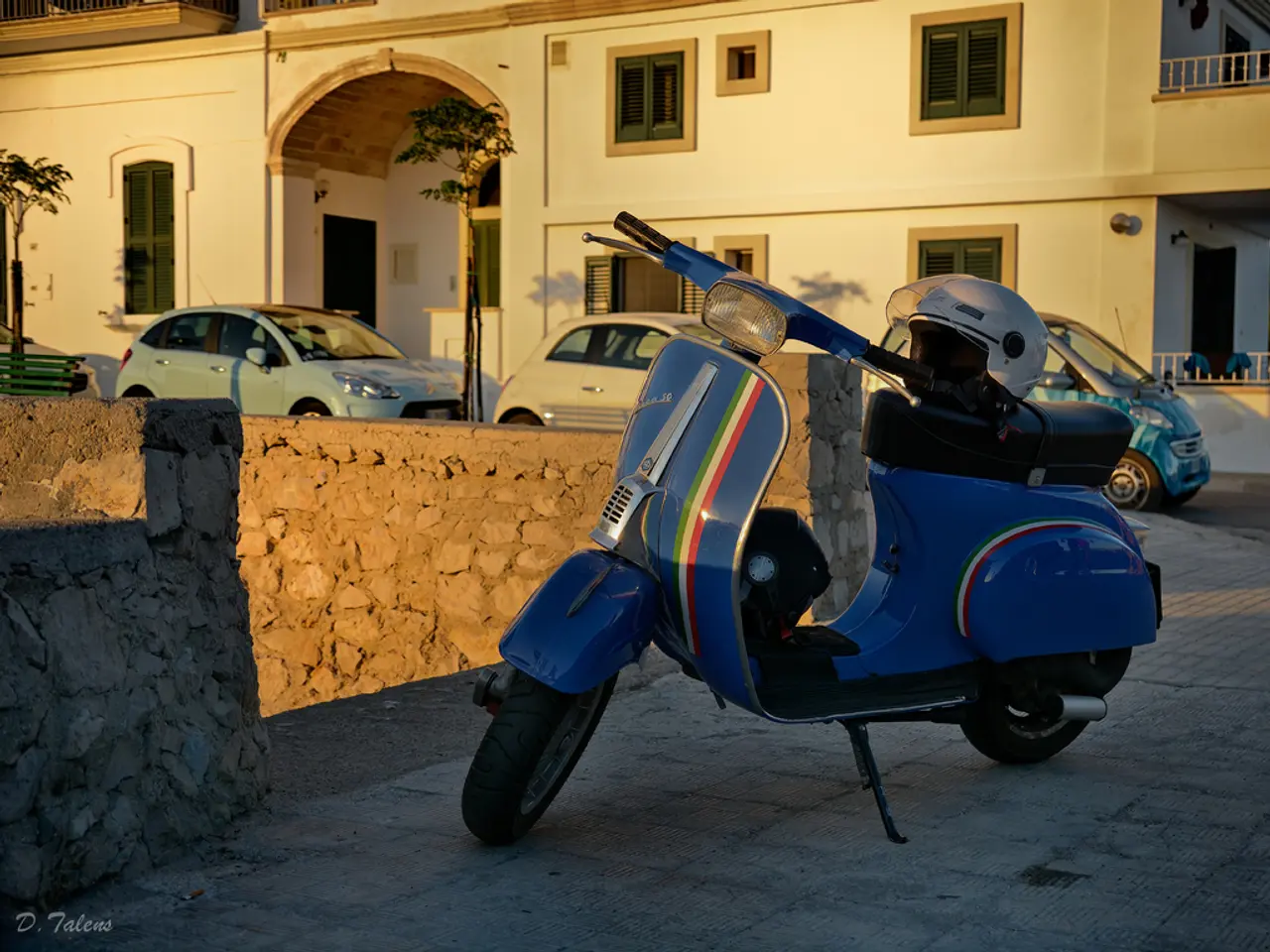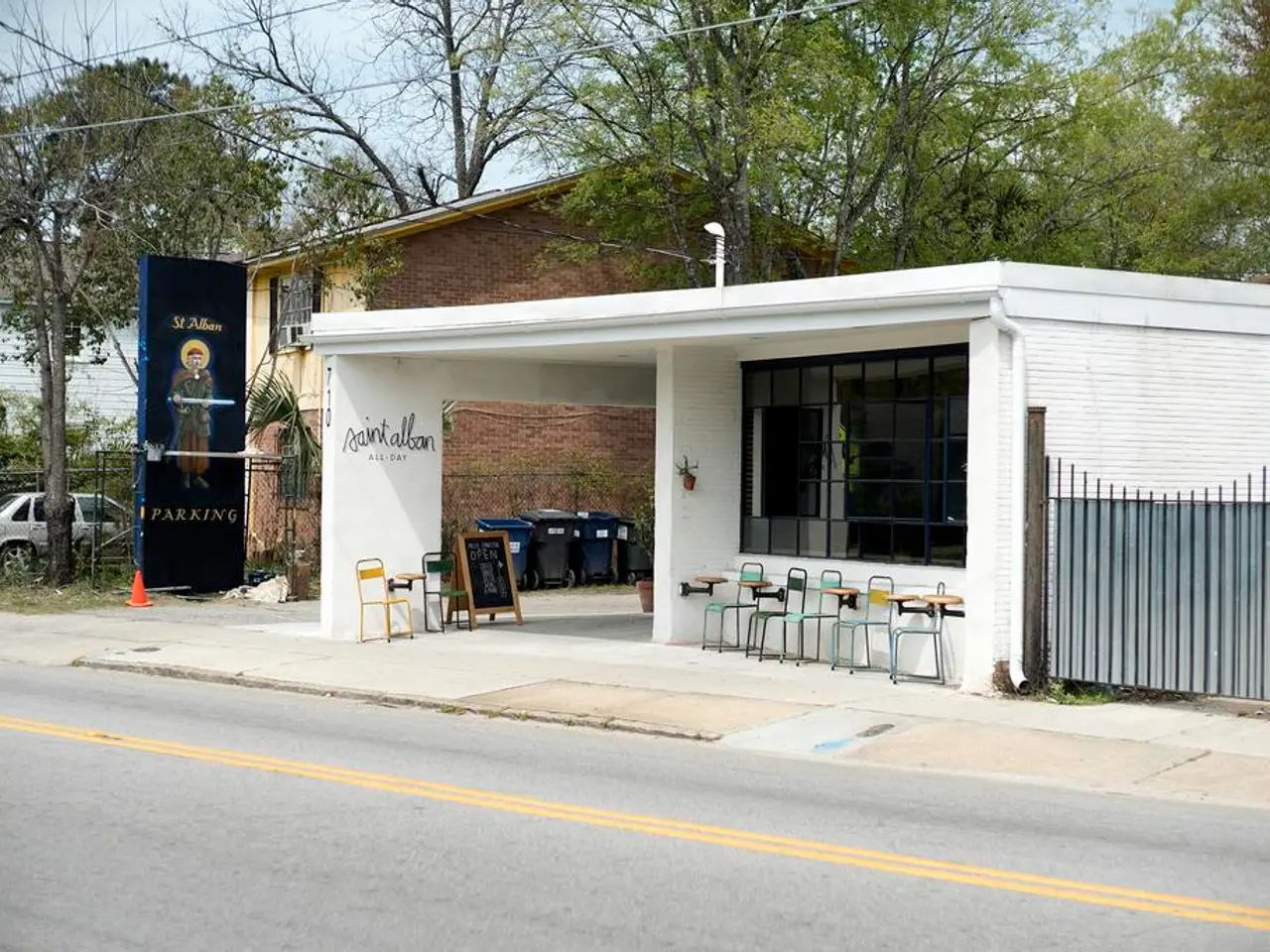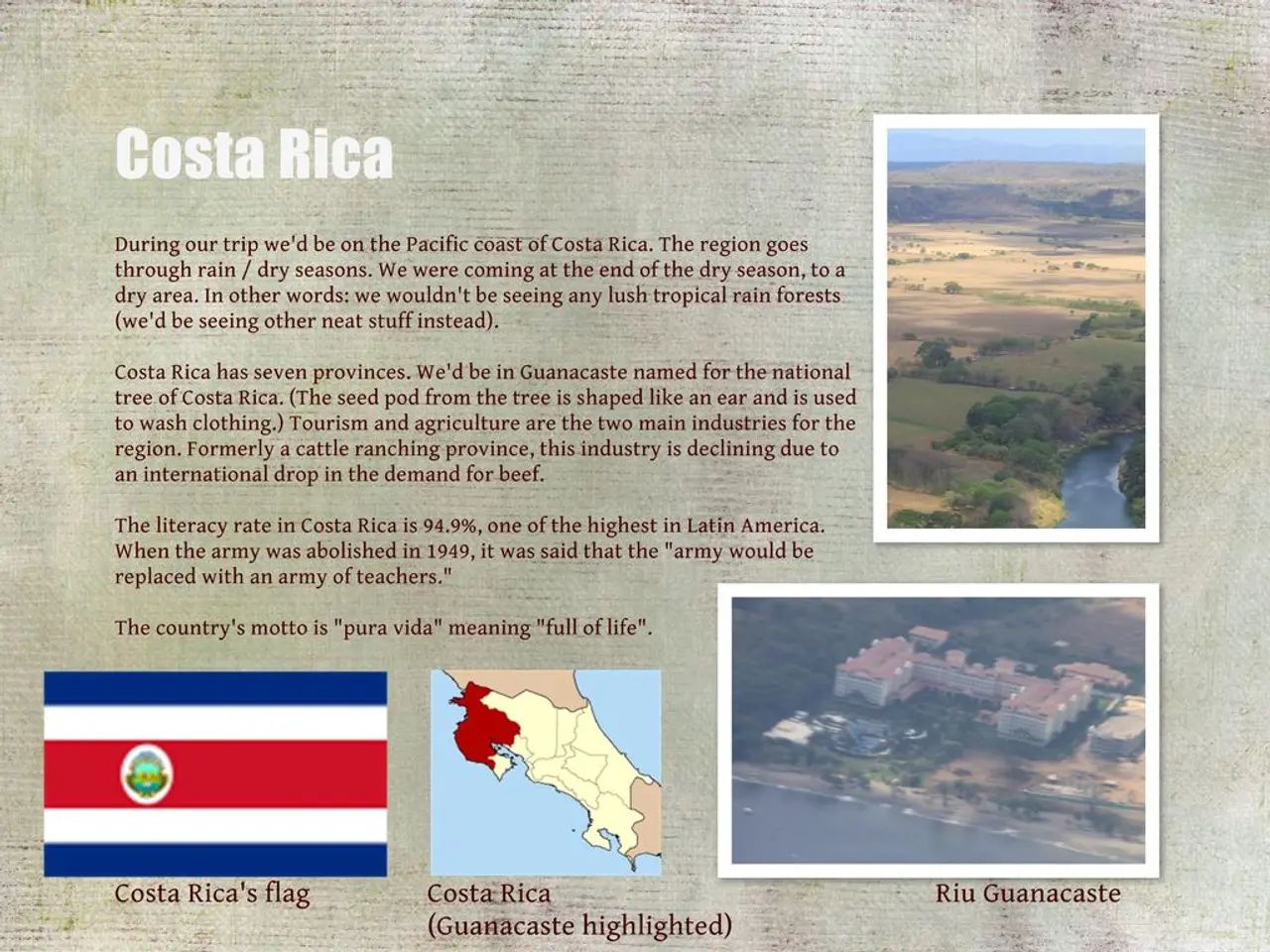High spending on infrastructure reaches a new peak in Cape Town
Cape Town's "Invested in Hope" budget for 2025/26 is an ambitious R84 billion plan that prioritises significant infrastructure investments, safety, and housing upgrades, while aiming to support low-income residents.
The city allocated a record R9.5 billion to infrastructure spending in the previous 2024/25 year, focusing on safety and security through upgraded fire stations, new emergency vehicles, metro police training facilities, and advanced safety technologies such as CCTV and bodycams. For 2025/26, investments also extend to community facilities with over R300 million dedicated to upgrades including cemeteries.
Of the R84 billion budget, major allocations include approximately R7 billion for safety measures and R3.5 billion for housing upgrades, aiming to enhance service delivery and create employment aligned with the city's Integrated Development Plan.
Water & Sanitation, one of the four directorates that each need to invest over R1 billion per year in infrastructure, accounted for approximately 40 cents out of every rand spent on infrastructure in the past financial year. The directorate spent almost 95% of its capital budget in 2024/25, with plans to replace 100km of sewer and 50km of water pipes per year, a R2bn project.
The "Invested in Hope" budget also promises support tailored to low-income residents, although specific programs are not detailed in the available information. The Mayor has highlighted the need for equitable charges, opposing flat fees that affect wealthier and poorer households equally, while facing legal challenges over fixed tariffs linked to property values—which may affect affordability for different income groups.
The budget has faced substantial public opposition, with over 87% negative feedback regarding unaffordable tariff hikes. The South African Property Owners Association (SAPOA) is legally contesting key fixed charges in the budget—namely the Cleaning Tariff, Fixed Water Charge, and Fixed Sanitation Charge—arguing they are unconstitutional because they are linked to property values and thus improperly categorized as property rates.
Safety and Security was the top-performer for percentage spend, with 99.7% of its R472m capital budget spent. Over 700 new municipal police officers will be hired, including dedicated neighbourhood policing for every ward. R4.5 billion will be allocated for a new MyCiTi route linking Khayelitsha, Mitchells Plain, and various other communities to Wynberg/Claremont.
R3.5bn will be spent on road upgrades, repairs, and congestion relief. The majority of funds allocated to Safety and Security were used for fire station and metro police training facility upgrades, vehicles, and safety technology. R3.4bn will be allocated for informal settlement upgrades.
The "Invested in Hope" Budget for 2025/26 plans to spend an SA-record R40bn on infrastructure, with 75% of this spending directly benefitting lower-income households. The city spent 92.3% of its capital budget in 2024/25, and Corporate Services and Urban Waste Management spent 97.4% and 96.3% of their respective budgets.
The City spent an all-time record investment of R9.5bn in infrastructure in 2024/25 by the City, as announced by Cape Town Mayor Geordin Hill-Lewis. Major bulk sewer upgrades, such as the Cape Flats sewer upgrade, are included in the Invested in Hope Budget. Additionally, R1bn will be spent on street light upgrading and repair.
- The "Invested in Hope" budget for 2025/26 plans to invest R40 billion in infrastructure, with a focus on benefiting lower-income households.
- The city'srecord R9.5 billion infrastructure spending in 2024/25, as announced by Cape Town Mayor Geordin Hill-Lewis, extended to significant investments in transport, such as a MyCiTi route linking Khayelitsha, Mitchells Plain, and other communities to Wynberg/Claremont.
- As part of Cape Town's "Invested in Hope" budget, R3.5 billion will be spent on sports facilities and technology, aiming to improve safety and service delivery, while the budget also includes allocations for energy infrastructure upgrades.







